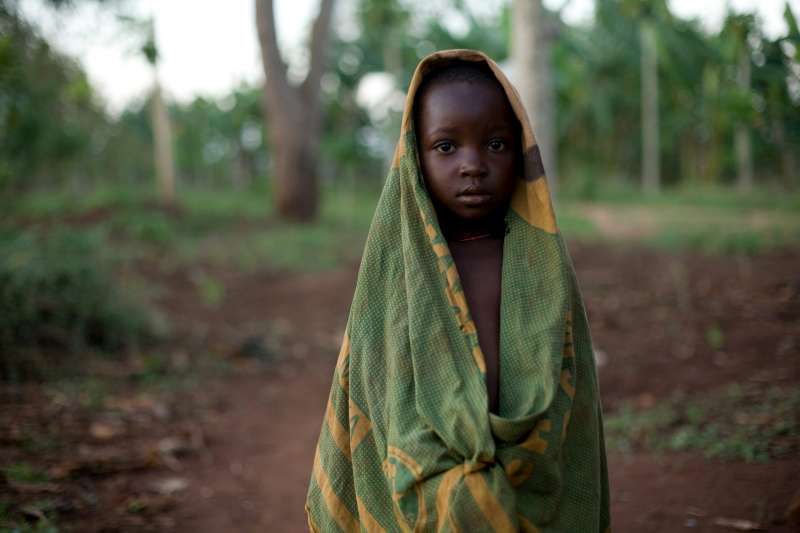Alternatives to Camps
If camps are unavoidable, the inhabitants should have links with the host communities and access to the local economy, infrastructure and service delivery systems. This should help ensure that they require only limited humanitarian support.
UNHCR recognizes that enabling refugees to live in communities lawfully, peacefully and without harassment - in urban or rural areas - supports their ability to take responsibility for their lives and communities. Refugees bring personal skills and assets which can benefit the communities where they are living. They also bring the qualities of perseverance, flexibility and adaptability. Refugees who maintain their spirit of independence, use their skills and develop sustainable livelihoods during displacement, will be more resilient and better able to overcome future challenges.

Alternatives to Camps in Niger

Syrian Refugees: An Urban Refugee in Turkey
Alternatives to Camps - Making It Work: Good Practices and Guidance Series
- Key Action #3: Adapting Service Delivery 16 Dec 2015
- Action #3: Adapting Service Delivery (Printable Version) 15 Dec 2015
- Key Action #2: Contingency Planning and Preparedness 3 Nov 2015
Policy on Alternatives to Camps, July 2014
UNHCR's pursuit of alternatives to camps, while ensuring that refugees are protected and assisted to achieve solutions.
Good Practices for Urban Refugees
A database for professionals to share guidance on alternatives to camps.



